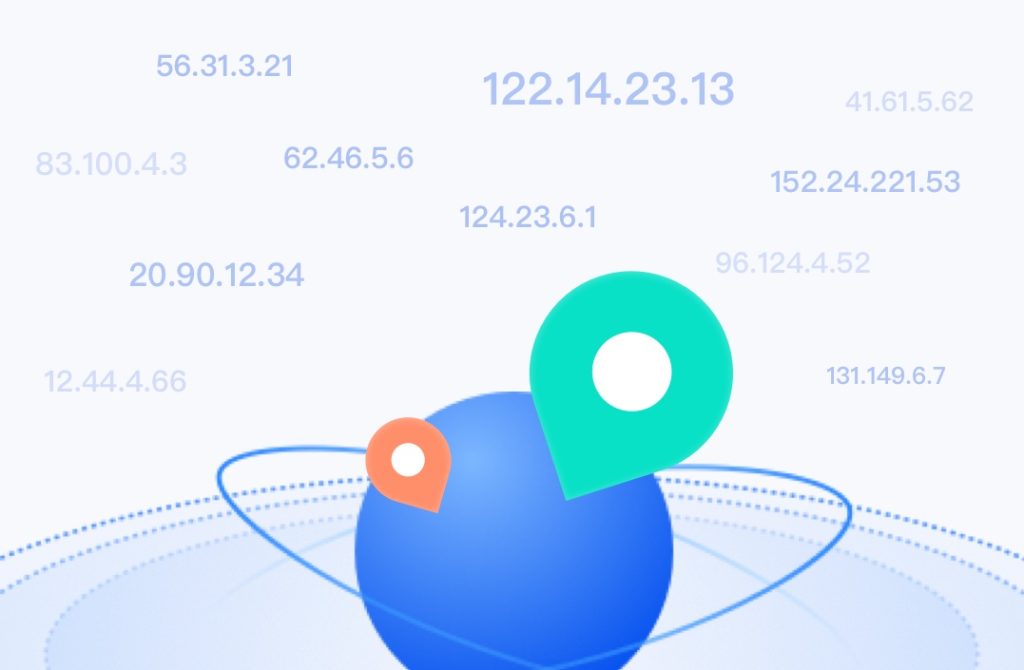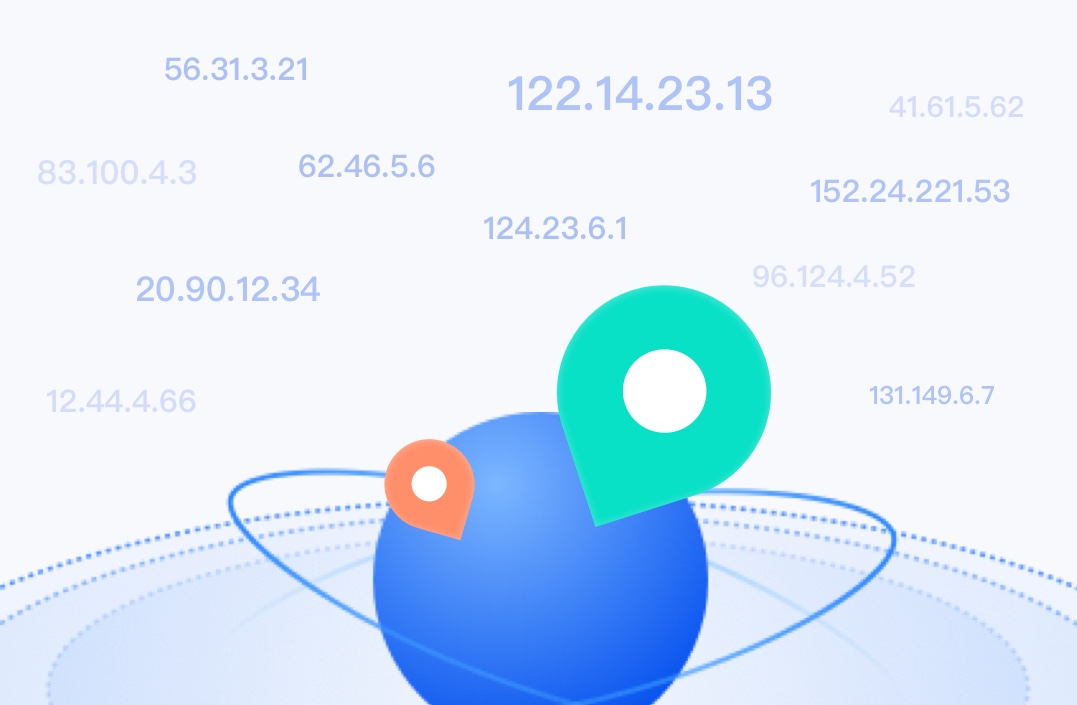Introduction
A proxy tester is a valuable tool for anyone using proxies, especially for those involved in web scraping, SEO monitoring, or ensuring online security. A proxy tester verifies whether proxies are functional, fast, and not blocked by websites. Without proper testing, proxies may not work as expected, leading to failed tasks, poor performance, and security risks.
For businesses that rely on proxies for data collection, marketing research, or secure browsing, using an efficient proxy tester is crucial. Cherry Proxy provides high-quality proxy testing tools to ensure that users get the best performance and reliability from their proxies. In this article, we will discuss what a proxy tester is, why it’s important, and how Cherry Proxy can help optimize proxy usage.
What is a Proxy Tester?
A proxy tester is a tool or software designed to check the functionality, speed, and reliability of proxies. It can be used to test residential proxies, datacenter proxies, and rotating proxies. Testing proxies is essential to ensure that they are working correctly, whether it’s checking for IP address changes, geo-location accuracy, or bypass functionality (i.e., bypassing restrictions and avoiding blacklists).
How Proxy Testers Work:
Check Proxy Availability:
Ensures that the proxy is online and responsive.
Speed Testing:
Tests the response time of the proxy server to measure how fast it can connect to websites.
IP Address Verification:
Confirms whether the proxy is returning the expected IP address.
Geo-Location Check:
Verifies whether the proxy’s IP address matches the expected location, ensuring proper access to region-specific content.
Blacklist Check:
Determines if the proxy IP has been blacklisted or flagged by websites.
By using a proxy tester, users can optimize their proxy performance and make informed decisions about which proxies are best suited for their tasks.
Why Is Proxy Testing Important?
Testing proxies is critical for various reasons, especially when dealing with web scraping, SEO tracking, and market research. Without proper testing, users may encounter several issues that can impact their productivity. Here’s why proxy testing is so important:
1. Ensuring Consistent Performance and Speed
Proxies can slow down data retrieval, which is especially problematic for tasks like web scraping. Proxy testers check the speed of proxies to make sure they meet the requirements for quick data extraction or browsing. Slow proxies can create significant delays, hindering the efficiency of your operations.
2. Avoiding IP Bans and Restrictions
Websites commonly block or restrict IP addresses that generate excessive traffic or automation requests. Proxy testers help verify that the proxies in use are not blacklisted or flagged for unusual activity. This is especially important when scraping websites or automating data collection. Testing ensures your proxies are not blocked, allowing continuous access without interruptions.
3. Verifying Geo-Location Accuracy
Many users require proxies to access region-specific content, like localized pricing or search results. Proxy testers help verify that your proxies are indeed providing IPs from the desired geographic locations. Without this verification, you may face inaccurate or irrelevant data, leading to poor decision-making or false conclusions.
4. Enhancing Security and Anonymity
For individuals or businesses prioritizing security, proxies are a tool for masking real IP addresses and ensuring anonymity. A proxy tester ensures that the proxy is functioning properly, providing the necessary security features and avoiding exposure to cyber threats or unwanted surveillance.
How Cherry Proxy Enhances Proxy Testing
Cherry Proxy goes beyond simply offering reliable proxies—it provides advanced tools and features that help businesses and individuals optimize their proxy usage. Here’s how Cherry Proxy enhances the proxy testing process:
1. Broad Selection of Proxy Types
Cherry Proxy provides a wide range of proxies, including residential, datacenter, and rotating proxies. These different types can be tested and verified for various use cases. Whether you need proxies for anonymity, speed, or geolocation-specific data, Cherry Proxy’s selection ensures you can find the best fit.
2. Real-Time Proxy Testing Tools
Cherry Proxy offers integrated testing tools to automatically test proxies for availability, speed, and geo-location. This allows users to quickly identify which proxies are working well and which may require adjustment. These real-time tests help ensure you have proxies ready for large-scale tasks like web scraping or price monitoring.
3. Proxy Rotation for Uninterrupted Use
For tasks like web scraping, where large amounts of data need to be collected, proxy rotation is key to ensuring continuous access without triggering bans. Cherry Proxy’s rotating proxies ensure that IP addresses change periodically, avoiding detection by websites. Proxy testers built into Cherry Proxy will help ensure that the rotation process works smoothly and that your proxies aren’t blocked.
4. Security and Privacy Focused
Cherry Proxy takes security seriously, providing encrypted and anonymous connections for its users. Proxy testers ensure that the proxies adhere to strict security protocols, ensuring your browsing is private and safe from hackers or unwanted tracking. This is vital for businesses dealing with sensitive customer data or performing penetration testing.
5. Geo-Targeting for Accurate Regional Data
For businesses collecting region-specific data, geo-targeting is a crucial feature. Cherry Proxy’s proxies allow users to access content from various global locations. Proxy testers help ensure that the proxies are returning the correct IP addresses for specific regions, enabling users to gather accurate data from different markets.
Use Cases for Cherry Proxy’s Proxy Testing Tools
Cherry Proxy’s proxy testing tools are beneficial across a wide range of industries. Some of the most common use cases include:
E-Commerce & Price Monitoring:
Track competitor prices and monitor online inventory with accurate, fast proxies.
Market Research & Data Collection:
Gather insights from various regions without facing IP bans or data inconsistencies.
SEO Monitoring & Ad Verification:
Verify rankings and check ads across different regions, ensuring accuracy and effectiveness.
Cybersecurity & Privacy:
Secure online activities, prevent tracking, and test vulnerabilities using trusted proxies.
Social Media Automation:
Manage multiple social media accounts with ease, using proxies to avoid detection and maintain consistent activity.
Conclusion
A proxy tester is essential for businesses and individuals who rely on proxies for various tasks, such as web scraping, SEO monitoring, and anonymous browsing. Testing ensures proxies are working properly, maintaining performance, security, and geo-targeting. Without testing, proxies may fail, leading to poor results and wasted resources.
Cherry Proxy offers a comprehensive proxy testing solution that ensures optimal performance for a wide range of use cases. Whether you’re conducting market research, monitoring prices, or scraping data, Cherry Proxy helps you ensure uninterrupted and secure proxy usage.
FAQ
What is a proxy tester?
A proxy tester is a tool or software that checks the functionality, performance, and reliability of proxies. It helps ensure that the proxies are working correctly by verifying several factors:
Availability – Confirms that the proxy server is online and responding.
Speed – Measures the connection speed and latency of the proxy.
IP Address Check – Ensures the proxy is providing the expected IP address.
Geo-Location – Verifies if the proxy is providing the correct location-specific IP.
Blacklist Check – Tests whether the proxy is blocked or flagged by websites.
A proxy tester is crucial for users who rely on proxies for tasks like web scraping, SEO monitoring, or anonymous browsing to ensure that their proxies are functioning optimally and are not blocked.
How do I check if my proxy is live?
To check if your proxy is live, you can use online proxy testing tools, such as Proxy Checker or WhatIsMyIP, which will confirm if the proxy is responding. Alternatively, in Command Prompt, you can type ping <proxy IP> to check for a response. If you’re using a web browser, configure the proxy and visit a site like WhatIsMyIP to see if the proxy IP is visible. Lastly, developers can use cURL with the command curl -x http://<proxy_ip>:<proxy_port> http://example.com to check proxy functionality. If the proxy is live, you’ll be able to browse or receive website data.


